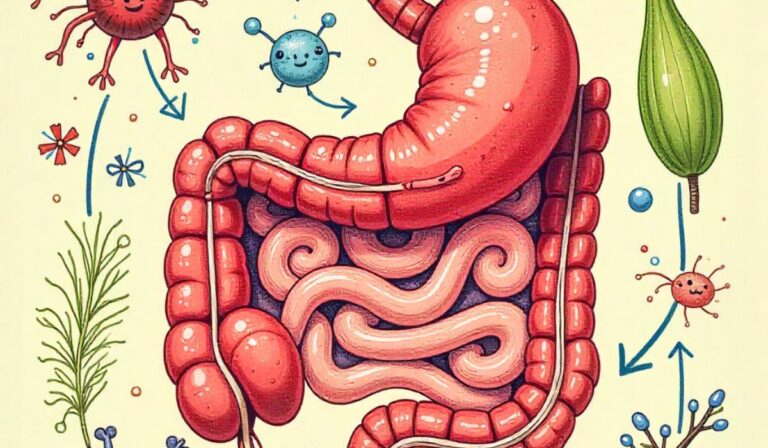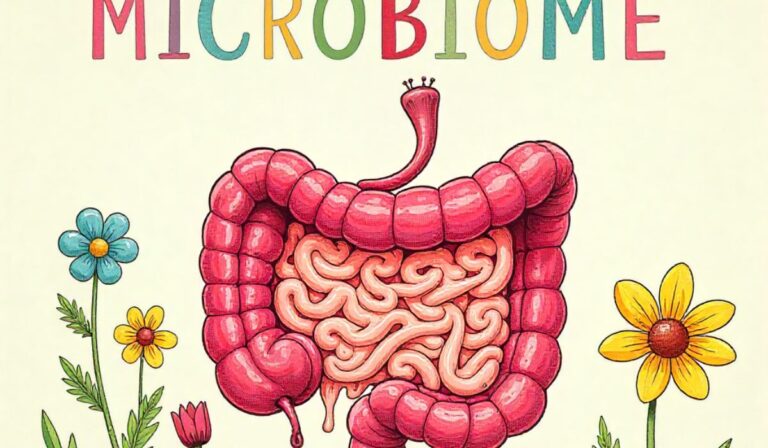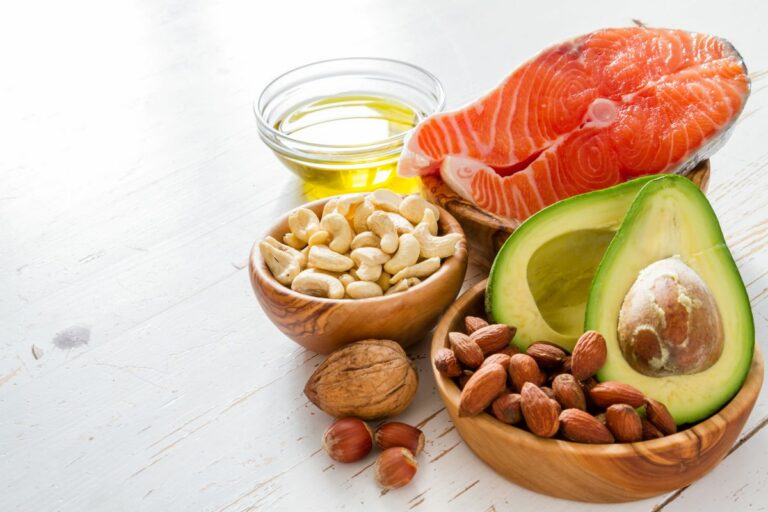What Is The Carnivore Diet – Is It A Healthy Choice
During the last few years, people of all types have risked their health with this extremely carnivorous diet.
Whether you want to gain muscle, lose weight or simply have more energy, this meat-only diet promises all that and more.
Those who choose this type of diet, are based on a basic premise: eating the meat of other animals provides all the benefits we need.
The rest (vegetables, fruits, grains, and spices) are only carbohydrates and hindrances, a hindrance that also causes us to accumulate sugar and get fat. Are you, right?
Like all restrictive diets, the diet of meat is attractive, easy to understand, and promises too much. This only means one thing: there is something that is not what this diet tells us. It is necessary to understand what this diet consists of, and what its real risks and benefits are before making a decision.
What Is The Carnivorous Diet?
The carnivorous diet is very simple: it consists of eating only animals and other animal products. It is totally opposite to the vegan diet, where only vegetable products are eaten.
I think the only common point of both is that they reject honey, vegans consider it an animal exploitation to steal their food, and carnivores because they believe that honey is a vegetable product manufactured by animals, but vegetable at last and at the end (from pollen and nectar).
As you can see, the carnivorous diet is very, very restrictive. If vegans already restrict many things (“50%” of food options), carnivores even more because in “their half” of allowed foods there is no vegetable, of which there is a huge variety.
After all, the meat looks all the same, so to give it variety, we must consume internal organs, cheese, and of course eggs.
They do not consume olive oil or coconut oil or anything of vegetable origin, either for cooking or as an additive. Nor is it allowed to use spices since they are plant-based.
As we know, animal products consist mainly of protein and fat. This means that those who follow a carnivorous diet leave aside the third major macronutrient, the carbohydrate.
All this means nothing of fruits or vegetables, oils of vegetable origin, spices, sugar, tea, or juices of any kind. Only animal products, salt, and water.
Those who follow a carnivorous diet, then, do not follow a truly structured food routine. It is enough to vary the animal sources that are consumed and not to exceed a daily limit of approximately 2 pounds of meat for a physically active adult.
This makes this diet attractive and easy to follow.
Likewise, the reasons that believers argue for this type of food are many. However, we can summarize it as:
- Have more percentage of muscle mass.
- Retain fewer fluids and fats due to the consumption of carbohydrates.
- Prevent allergies and intolerances to certain foods.
- Have more energy
What Is The Origin Of The Carnivorous Diet?
It is a progressive trend. It seems that every time the dynamic is to restrict more things. Let’s say that the evolution in the US has been something like this: Normal eating -> Remove sugar and processed ->Paleo Diet -> Ketogenic diet -> Carnivorous diet -> etc.
Difference Between Carnivorous Diet And ZeroCarb Diet
Sometimes these two terms are used interchangeably, but I do not like that: let’s talk properly:
In the carnivorous diet, only animal products are consumed, and plant foods are discarded or any of their ingredients are vegetables. Macronutrients do not matter.
In the ZeroCarb diet, only things without carbohydrates are consumed, and it does not matter if the origin is animal or vegetable, for example, olive oil is allowed but milk would not be allowed while in the carnivorous diet, it would be the other way around.
Foods Allowed In The Carnivorous Diet
When we say that a carnivorous diet consists of only animal products, we mean it. If you want to make a fried egg, for example, you cannot use oil (not even olive oil), but only use animal fats.
In fact, the most extreme do not even consume milk and cheese, to avoid absorbing their natural carbohydrates. Nothing but salt, water, and food of animal origin, especially meat of cattle fed only with grass.
This being the case, this would be an accepted menu in an extreme carnivorous diet:
- Fillet of beef.
- Ground beef.
- Pork chops and lamb.
- Turkey.
- Chicken.
- Salmon.
- Sardines
- Tallow.
- Pork fat.
- Bacon
- Bone marrow.
- Heart.
- Liver.
- Kidney.
- Sausages.
- Anchovies
- Eggs
Benefits and real risks of the carnivorous diet
Weight Loss
Limit the variety of foods consumed, eat more protein, reduce sugars and oils, and consume foods that are slowly digested, all these are basic principles to lose weight, tested by science, which is met in the carnivorous diet.
Therefore, this diet should be good to help us lose weight. However, although the carnivorous diet is able to make us lose weight, a study in this regard has shown that this does not mean that similar results cannot be achieved with carbohydrate-only diets.
This may be due to the fact that by restricting our diet to a single macronutrient we rule out the possibility of eating too much, and we instinctively tend to avoid foods that would make us fat.
And since a protein calorie makes us gain weight just like a calorie of carbohydrates, whichever one is cut we will lose weight simply because of the calorie deficit.
Control Of Insulin Levels
Insulin is a kind of villain for those who want to lose weight. This is because if your levels are very high, you tend to accumulate more fat. Thus, the goal of many is to use the carnivorous diet to lower the insulin in their blood.
On the one hand, we must clarify that although insulin tends to make us accumulate fatter, this does not necessarily mean that it makes us gain weight automatically.
In fact, insulin serves to reduce appetite and accompanied by exercise and good nutrition can help us build muscle, due to its anticatabolic properties.
On the other hand, consuming more protein is no guarantee that our insulin levels will decline. For example, a study showed that whey protein can raise insulin levels, above the levels obtained when consuming rice.
Cardiovascular Health
Not many years ago, it was estimated that the consumption of animal products meant a safe risk of cardiovascular problems.
Eggs and processed meats, for example, with their ability to increase our cholesterol and our consumption of saturated fats, have been largely avoided.
In our day, however, we know that cholesterol and saturated fats are not a direct guarantee of a heart attack.
Based on this truth and the proven risks of sugar, many people defend the carnivorous diet as a safe method of maintaining cardiovascular health.
Although there is no convincing evidence of how good or how harmful cholesterol and fat really are in the long term, there is evidence that suppressing fruits and vegetables from our diet can harm the health of our cardiovascular system and put us at risk of a heart attack.
Testosterone Levels
Many people get on the carnivorous diet train to raise their testosterone levels.
This is because animal fat is one of the main natural drivers for the development of this hormone. And the more testosterone, the more energy, and the easier to create muscle and burn body fat.
Although in theory testosterone is capable of causing these benefits, we must clarify that in practice the results are usually not so impressive.
Studies have tried to measure the action of testosterone when it is elevated to extreme levels, through the use of steroids in people without previous training.
Within 6 weeks, participants who gained more muscle gained around 15 pounds.
Although the previous result may sound impressive, it is worth remembering that this is an extreme case and that similar results could be obtained naturally.
The results of a carnivorous diet would be much more modest if they are not accompanied by good sleep and sufficient fat consumption.
Is It Healthy To Eat Only Meat?
As it has been seen, the carnivorous diet can achieve some objectives that are proposed, although in a very modest way.
However, the real question is whether it is possible to live by eating only meat. What do we miss by leaving fruits and vegetables out?
Although meat can be a very nutritious food, it also lacks some essential micronutrients.
For example, meat does not really provide vitamin C, which is essential to regulate iron absorption, heal wounds, protect our cells from oxidative damage, and maintain our immune system.
Even animal organs (the largest animal source of vitamin C) cannot be considered sufficient sources.
Likewise, the meat of animals does not provide us with fiber either, which helps to regulate our digestive function.
While it is true that we can survive without consuming fiber, the evidence in this regard has shown that by leaving it out we put ourselves at risk of suffering from various types of cancer and other diseases.
Explore Also:
Creativehouseblog
Dietsheriff
Gigasecurehome
Final Thoughts
In summary, consuming only meat can put our cardiovascular health at risk, makes us lose weight restrictively, and prevents us from consuming important nutrients.
Like any restrictive diet, it can help us achieve some goals moderately, but it is not a healthy option in the medium or long term.
Many times, when someone improves their health after a big change, they become dogmatic.
He thinks that if that intervention was the only thing that worked for him, it implies that it is always the best option. This is a mistake!
The reality is that there is great individual variability, and there are no magical recipes for complex disorders.
Unfortunately, some leaders of the carnivorous movement, such as Shawn Baker, have become as dogmatic as vegan preachers. They affirm that vegetables are bad and that the human being is better adapted to a carnivorous diet.
Physiologically, this is false. We are omnivores, and the best human diets include animals and plants. No society has survived in a wild environment eating only vegetables, but there are no carnivorous tribes either.
You can learn more about the Carnivore Diet from several good books available on Amazon.







![How Gut Health Research Evolved A Story of Discoveries[1]](https://mycleanseplan.com/wp-content/uploads/2025/11/How_Gut_Health_Research_Evolved_A_Story_of_Discoveries1-768x448.jpg)




